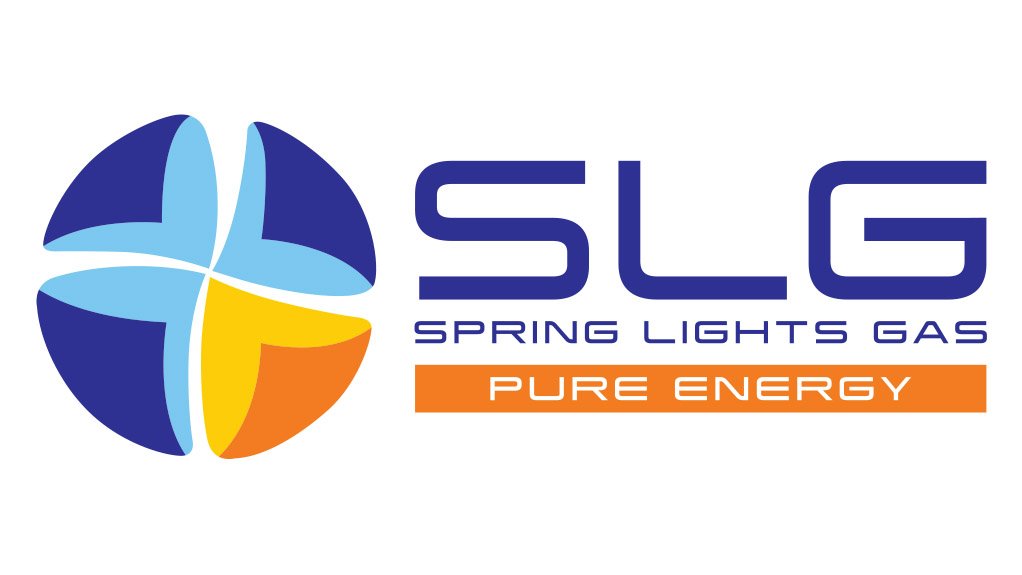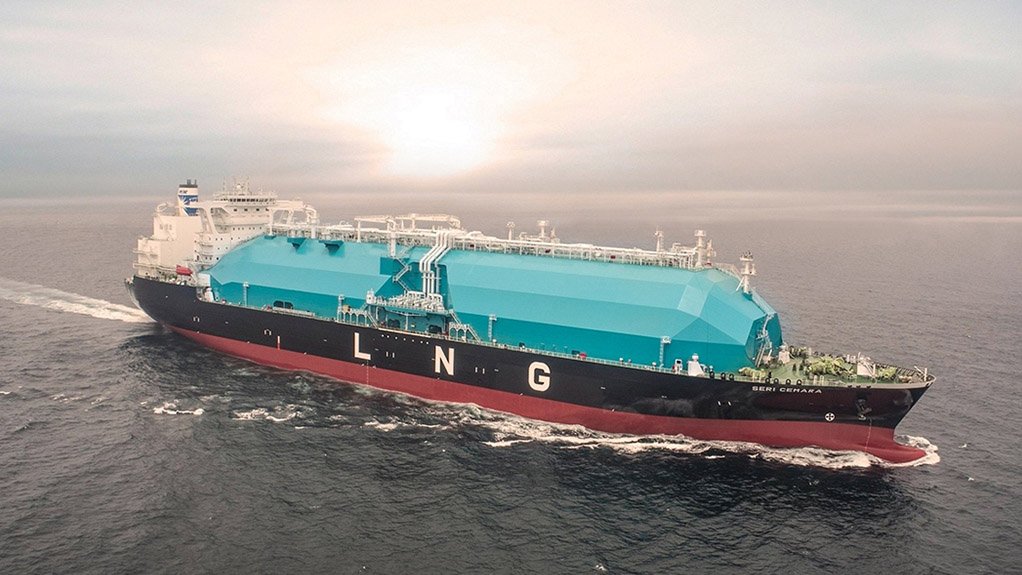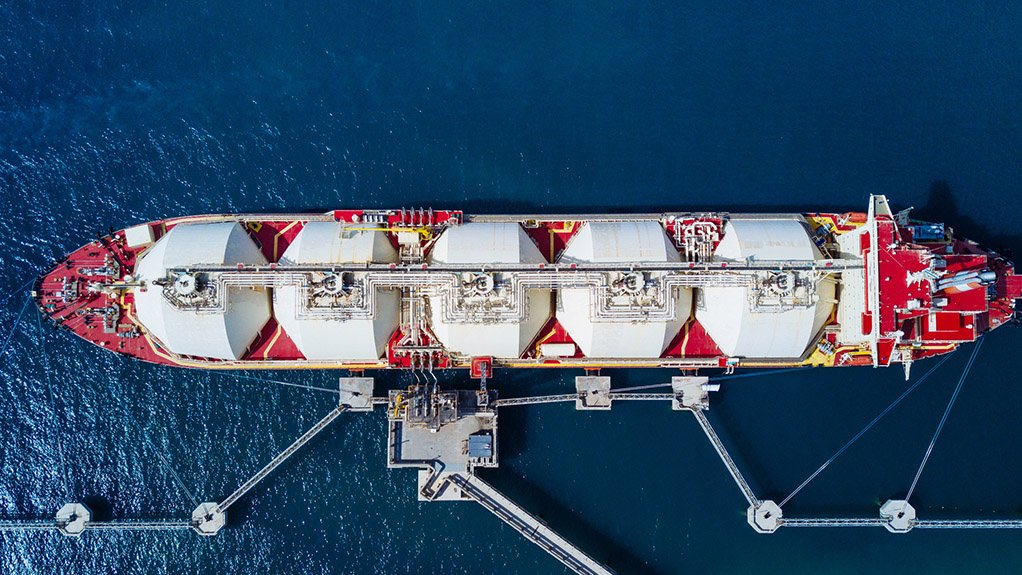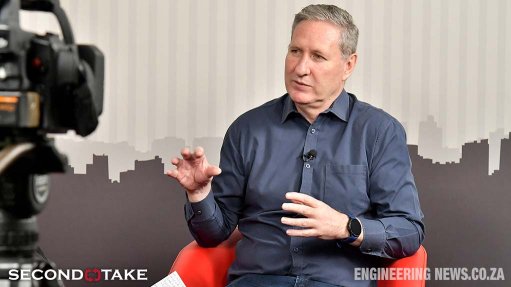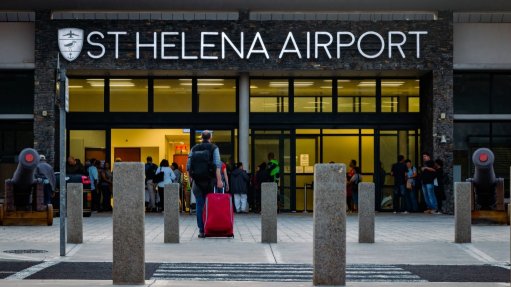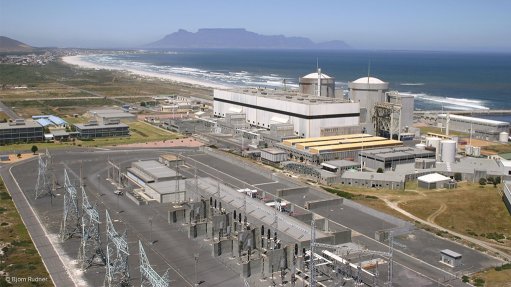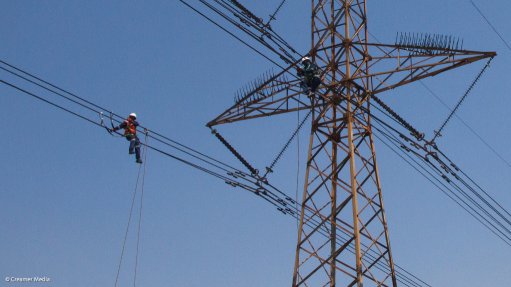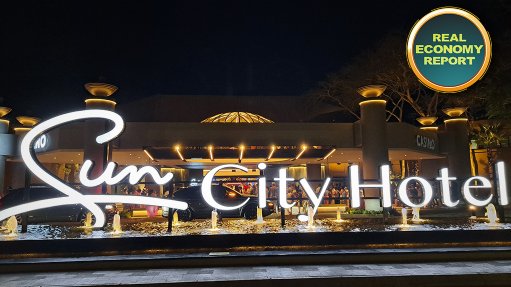SLG positioning company to aggregate South Africa’s LNG market
South Africa faces a gas supply issue from about mid-2026, and liquified natural gas (LNG) is the only viable solution for the country’s existing gas industry which is reliant on large scale, reliable gas supply. Energy company Spring Lights Gas (SLG) is pursuing the role of aggregation of this market, to ensure sustainable gas supply post 2028 and beyond.
This was highlighted by SLG group CEO Mzi Tyhokolo, an accomplished sales and marketing executive with 20 years of experience in the gas industry, speaking during the company’s webinar on “Gas Supply Beyond 2026”, held on April 9.
SLG presents itself as a dynamic and forward-thinking energy company that has made a significant impact in the Southern African energy sector since its establishment in 2002 by Sasol.
It its 21-year tenure, the company highlights that is has achieved expertise in supplying piped gas and compressed natural gas (CNG) to industrial clients in KwaZulu-Natal and Gauteng.
Tyhokolo emphasised that given how long SLG has been participating in this industry, and how significant this participation has been and has grown over time, the company found it “duty bound” to be at the forefront of the solution that South Africa requires now.
Explaining the problem of supply issues, Tyhokolo said that South Africa is reliant on imports for its gas supply, with Sasol Gas importing and producing over 90% of the gas consumed in the country and supplying over 98% of the gas for commercial and industrial customers.
However, experts have indicated that the industry is heading for a “gas cliff”, with diminishing natural gas from the Pande and Temane natural gas fields in Mozambique. The worst-case scenario has shown that supplies from here will cease abruptly by mid-2026, while the best-case scenario shows that this could last until 2028 if several interventions are made.
In the same timeframe, Sasol also intends to withdraw supply of methane-rich gas, which was another stream of gas being supplied to commercial and industrial consumers, Tyhokolo informed.
“As of August 2023, our main supplier who supplies and imports over 90% of the country’s gas came on record to the market and indicated that they will not proceed with this supply of gas to commercial and industrial customers beyond 2026,” Tyhokolo said.
He indicated that South African customers consume about 65 PJ of gas, and there is no solution at this point in terms of where that gas will come from beyond 2026.
Also, South Africa’s Integrated Resource Plan 2019 requires 6 GW of gas-to-power into the country’s grid, and this plan therefore does not have the gas supply to underpin it should supply stop, Tyhokolo pointed out.
He warned that stoppage of gas supply to South Africa puts an estimated 75 000 jobs at risk, in a country that is already struggling with unemployment; and also impacts on the R500-billion gas industry’s contribution to the country’s fiscus.
“South Africa cannot afford to not have any natural gas. If we lose our gas supply and do not have an alternative, we are looking at a situation where this will be the final nail for our economy, which cannot replace a R500-billion loss.”
Therefore, he emphasised that South African consumers must find an alternative gas source urgently.
Tyhokolo highlighted that work by SLG has shown that this new source of gas for South Africa has to come in the form of LNG imports, with this posited as the quickest way to supply gas to the country’s market by 2026/2028.
He indicated that the country requires about 300 PJ yearly for a vibrant gas economy, with LNG requiring about 100 PJ.
In terms of the outlook for natural gas globally, Tyhokolo informed that statistics have shown that from 2023, if consumption remains at the same levels, there are another 52 years of natural gas left, with this resource abundantly available into the future.
Given that there are ample natural gas supplies globally, South Africa’s challenge is one of acquisition of these resources, rather than availability, he pointed out.
Tyhokolo said that the country could look to exploit reserves from countries on the African continent, with this being easier from a logistical perspective. He expanded that in the list of global natural reserves, Nigeria sits at ninth, Algeria at eleventh, Mozambique at fourteenth (and with this being largely untapped), and Algeria also being a prominent player.
IDEAL AGGREGATOR
Tyhokolo emphasised the need to streamline the country’s aggregation model, explaining that there is a lack of government initiatives to develop the LNG framework in an orderly manner, as was done in other countries transitioning from localised supply to imported supply.
He noted that while the private sector is initiating options, this approach to securing LNG for the country is very fragmented, which could lead to delays.
Also, there is an emergence of new entrants into the gas industry that are trying to pursue the LNG option as a new business opportunity; however, they lack the experience and appreciation of the complexity of importing these resources, Tyhokolo warned.
He emphasised that while LNG is new to South Africa, longstanding entities such as SLG boast the existing competencies to understand the downstream market and have experience in the importation of gas.
Therefore, as an entrant to the LNG market, South Africa should have only one or two aggregators to fast track LNG, and can transition to an open terminal access once the industry is matured, Tyhokolo said.
He highlighted benefits to industrial customers of having an aggregator as including this entity managing the upstream risks associated with LNG sourcing; cost savings and competitive pricing; reliable energy supply; risk management; flexibility in supply contracts; and technical and regulatory support.
For power developers, benefits include competitive LNG supplies; project financing and investment; operational flexibility; market development support; and sustainability initiatives, Tyhokolo pointed out.
He said that SLG is ideally positioned to assume this role, given its 22-year record in supplying gas to the commercial and industrial market.
The company will also look to leverage its experience as an existing direct importer of gas from Mozambique since July 2022.
Tyhokolo emphasised that the company wants to allow customers to focus on their core business, by managing the upstream and commercial risks on their behalf, and unburdening customers from onerous commercial terms.
SLG’s action plan entails, firstly, aggregating 100 PJ/y of gas and signing a gas sales agreement / gas transportation agreement for 2026, which it is aiming to finalise over the next six months.
Secondly, it is formulating the enabling partnerships to deal with the complexity of importing LNG to cement SLG’s position as an aggregator.
Thirdly, it is driving the demand through its Gas-to-Power division.
Fourthly, it is engaging in several term sheets with majors, with this under review.
Fifthly, it is consolidating market demand for inclusion in upstream supply negotiations.
Sixth, it is actively working with infrastructure owners to ensure that demand profiles are being configured into infrastructure planning.
Lastly, it is actively working with infrastructure owners to ensure that LNG supply timelines align to the connection of the ports to existing gas infrastructure, Tyhokolo outlined.
With LNG posited as the future for the country’s gas market, SLG is finalising its solution for this and will continue to engage with the market, especially on a one-on-one basis, to glean feedback and to gauge interest. It is also inviting existing and future customers to register their interest in LNG, Tyhokolo concluded.
Contact:
Tel: +27 (0)31 812 0555
Article Enquiry
Email Article
Save Article
Feedback
To advertise email advertising@creamermedia.co.za or click here
Comments
Press Office
Announcements
What's On
Subscribe to improve your user experience...
Option 1 (equivalent of R125 a month):
Receive a weekly copy of Creamer Media's Engineering News & Mining Weekly magazine
(print copy for those in South Africa and e-magazine for those outside of South Africa)
Receive daily email newsletters
Access to full search results
Access archive of magazine back copies
Access to Projects in Progress
Access to ONE Research Report of your choice in PDF format
Option 2 (equivalent of R375 a month):
All benefits from Option 1
PLUS
Access to Creamer Media's Research Channel Africa for ALL Research Reports, in PDF format, on various industrial and mining sectors
including Electricity; Water; Energy Transition; Hydrogen; Roads, Rail and Ports; Coal; Gold; Platinum; Battery Metals; etc.
Already a subscriber?
Forgotten your password?
Receive weekly copy of Creamer Media's Engineering News & Mining Weekly magazine (print copy for those in South Africa and e-magazine for those outside of South Africa)
➕
Recieve daily email newsletters
➕
Access to full search results
➕
Access archive of magazine back copies
➕
Access to Projects in Progress
➕
Access to ONE Research Report of your choice in PDF format
RESEARCH CHANNEL AFRICA
R4500 (equivalent of R375 a month)
SUBSCRIBEAll benefits from Option 1
➕
Access to Creamer Media's Research Channel Africa for ALL Research Reports on various industrial and mining sectors, in PDF format, including on:
Electricity
➕
Water
➕
Energy Transition
➕
Hydrogen
➕
Roads, Rail and Ports
➕
Coal
➕
Gold
➕
Platinum
➕
Battery Metals
➕
etc.
Receive all benefits from Option 1 or Option 2 delivered to numerous people at your company
➕
Multiple User names and Passwords for simultaneous log-ins
➕
Intranet integration access to all in your organisation



